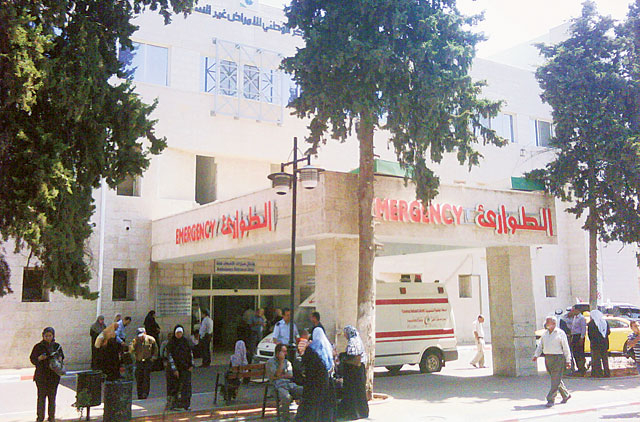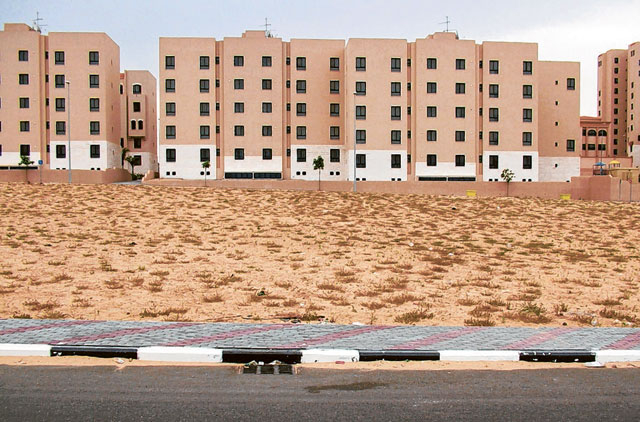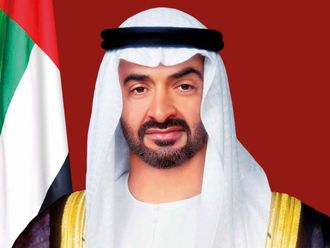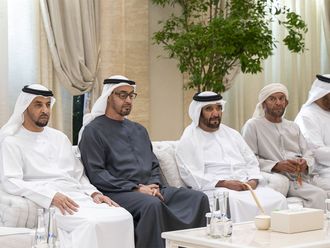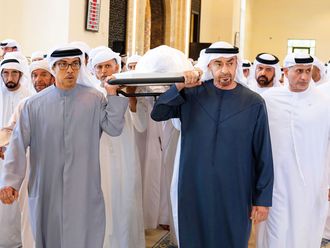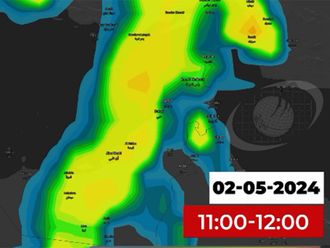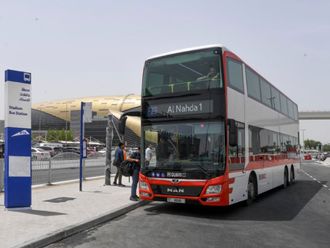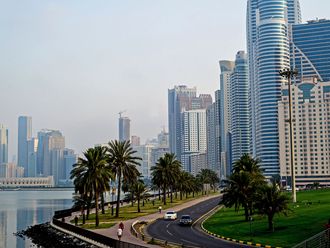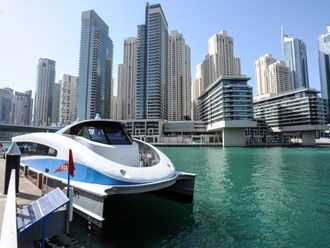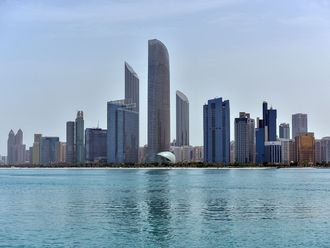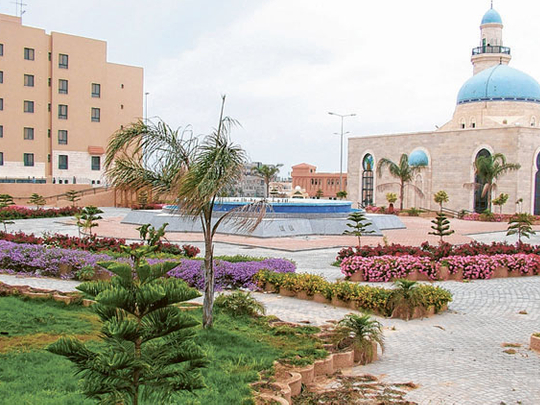
Dubai: The UAE has a strategic location in the region, especially regarding trade. This in many ways has shaped its foreign policy in the Arab world.
Geographically it's situated in the southeast of the Arabian Peninsula on the Arabian Gulf, bordering Oman and Saudi Arabia. This has translated into a nation that has focused regionally on peace and prosperity for four decades.
The country's foreign policy framework was established by the founding President, Shaikh Zayed Bin Sultan Al Nahyan, who emphasised diplomacy, negotiation and compassion.
Like any other country, the UAE's priority was to seek security and stability in its immediate region by establishing close ties with the other states that share its religion, history, language, culture and tribal backgrounds, as well as the system of governance. The outcome was the creation of the Gulf Cooperation Council (GCC).
External dangers
The GCC was officially established during a summit in Abu Dhabi in 1981. Shaikh Zayed declared that it was a political and economic union that would help unify the Arab nation and promote its solidarity against external dangers.
The leaders of Bahrain, Kuwait, Oman, Qatar, Saudi Arabia and United Arab Emirates adopted a unified economic pact that aimed at removing barriers among members, eliminating tariffs on trade among each other and most recently launched a common market.
Additionally, a strategic defence pact was established that binds member states to defend one another if threatened from outside the region. It is seen as a guarantee for the security and stability of the GCC countries.
Despite the closeness of its relations with its GCC partners, the UAE has on occasion adopted opposing stands on issues, by which it reflected the distinct moral principles of its foreign policy rather than a mere calculation of political interests. In the late 1990s the UAE took the lead in calling for a re-assessment of United Nations sanctions against Iraq despite opposition from its GCC partners. The Arab identity of the UAE is also a defining element in its foreign policy — the emirates joined the Arab League in 1971.
For the UAE, the maintenance of solidarity in the Arab world remains an important belief.
To understand the country's stand on most Arab issues, one must understand its support for the broad concept of Arab nationalism, and the principles of defence and restoration of human and civil rights.
Commitment
Following the invasion of Kuwait in 1991, the UAE demonstrated its commitment to the GCC principles of collective security by contributing military forces to the Allied coalition and also making its territory available to other participants in the multinational effort, including Arab and Western countries.
The UAE is dedicated to peace, security and stability in the Arab region, as well as a just and lasting solution to Middle East conflicts.
It believes that peace cannot be achieved while the Israeli occupation of Palestine and other Arab territories continues — it supports an end to Israeli occupation and the establishment of an independent Palestinian state with occupied East Jerusalem as its capital.


